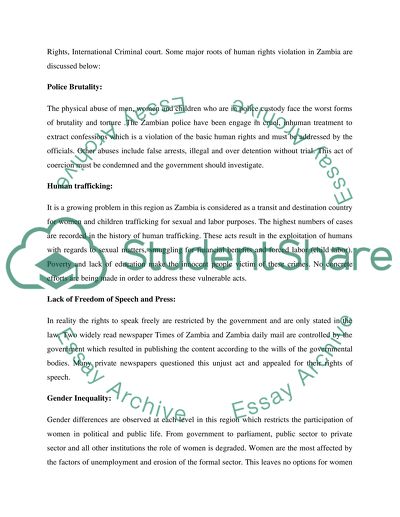Cite this document
(“Human Rights, Cultural Integrity and Diversity and Protection of Human Essay”, n.d.)
Human Rights, Cultural Integrity and Diversity and Protection of Human Essay. Retrieved from https://studentshare.org/miscellaneous/1574186-human-rights-cultural-integrity-and-diversity-and-protection-of-human-rights-and-fundamental-freedoms-while-countering-terrorism
Human Rights, Cultural Integrity and Diversity and Protection of Human Essay. Retrieved from https://studentshare.org/miscellaneous/1574186-human-rights-cultural-integrity-and-diversity-and-protection-of-human-rights-and-fundamental-freedoms-while-countering-terrorism
(Human Rights, Cultural Integrity and Diversity and Protection of Human Essay)
Human Rights, Cultural Integrity and Diversity and Protection of Human Essay. https://studentshare.org/miscellaneous/1574186-human-rights-cultural-integrity-and-diversity-and-protection-of-human-rights-and-fundamental-freedoms-while-countering-terrorism.
Human Rights, Cultural Integrity and Diversity and Protection of Human Essay. https://studentshare.org/miscellaneous/1574186-human-rights-cultural-integrity-and-diversity-and-protection-of-human-rights-and-fundamental-freedoms-while-countering-terrorism.
“Human Rights, Cultural Integrity and Diversity and Protection of Human Essay”, n.d. https://studentshare.org/miscellaneous/1574186-human-rights-cultural-integrity-and-diversity-and-protection-of-human-rights-and-fundamental-freedoms-while-countering-terrorism.


